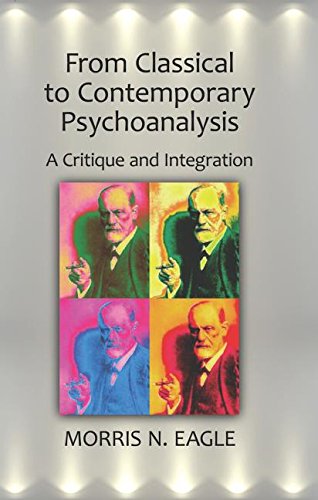

Most ebook files are in PDF format, so you can easily read them using various software such as Foxit Reader or directly on the Google Chrome browser.
Some ebook files are released by publishers in other formats such as .awz, .mobi, .epub, .fb2, etc. You may need to install specific software to read these formats on mobile/PC, such as Calibre.
Please read the tutorial at this link: https://ebookbell.com/faq
We offer FREE conversion to the popular formats you request; however, this may take some time. Therefore, right after payment, please email us, and we will try to provide the service as quickly as possible.
For some exceptional file formats or broken links (if any), please refrain from opening any disputes. Instead, email us first, and we will try to assist within a maximum of 6 hours.
EbookBell Team

5.0
70 reviewsThe landscape of psychoanalysis has changed, at times dramatically, in the hundred or so years since Freud first began to think and write about it. Freudian theory and concepts have risen, fallen, evolved, mutated, and otherwise reworked themselves in the hands and minds of analysts the world over, leaving us with a theoretically pluralistic (yet threateningly multifarious) diffusion of psychoanalytic viewpoints.
To help make sense of it all, Morris Eagle sets out to critically reevaluate fundamental psychoanalytic concepts of theory and practice in a topical manner. Beginning at the beginning, he reintroduces Freud's ideas in chapters on the mind, object relations, psychopathology, and treatment; he then approaches the same topics in terms of more contemporary psychoanalytic schools. In each chapter, however, there is an underlying emphasis on identification and integration of converging themes, which is reemphasized in the final chapter. Relevant empirical research findings are used throughout, thus basic concepts - such as repression - are reexamined in the light of more contemporary developments.